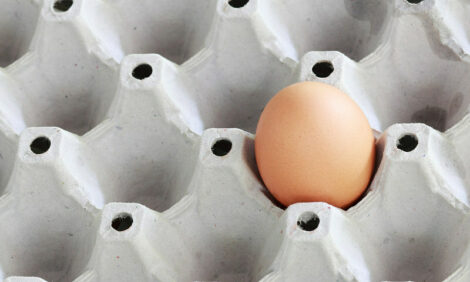



Fowl Electricity
CALIFORNIA - A bill making its way through the state Legislature would see more electricity made from manure. By John UptonThe incinerated dung of chickens, turkeys and pigs could soon power Californian street lights, fax machines and toasters under an Assembly bill likely to reduce waste and water pollution but increase air pollution.
chicken farmer, Steve Mahrt
Much of the state’s poultry manure currently is spread on the ground as fertilizer. The practice increases crop yields but creates pollution problems when it flows into rivers and lakes, where rich nutrients foster growth of algae and disrupt oxygen levels and food chains.
Manure fuel projects are “waste management projects that also create energy,” said University of California, Berkeley, energy and environment professor Alex Farrell.
The amount of air pollution created by bio-fuels like chicken litter is affected by the technology used to burn it, according to Farrell, who said large-scale operations are usually cleaner than smaller ones.
Like other fuels, poultry litter contributes to global warming because it releases carbon dioxide when it’s burned. Poultry litter includes manure, seeds, feathers and wood chips.
But supporters describe the renewable energy technology as carbon-neutral because carbon released by manure is originally drawn from the air by plants grown to feed poultry.
“What’s available on the surface of the earth is staying on the surface of the earth,” chicken farmer Steve Mahrt said. “Any time you’re doing anything with coal or oil or natural gas, you’re taking it from underneath the earth.”
Mahrt figures the litter from the 100,000 egg-laying chickens on the farm he manages in Petaluma, north of San Francisco, could generate between 50 and 60 kilowatts of electricity annually. That could power 50 homes.
Source: TracyPress









